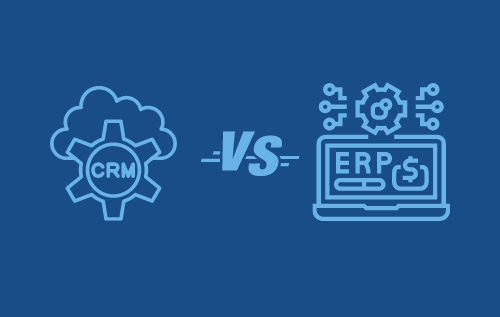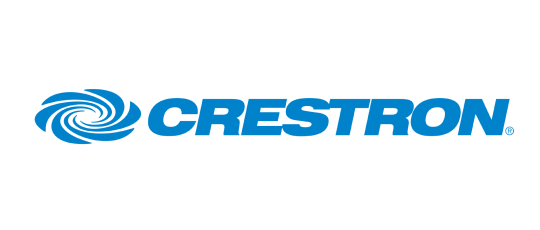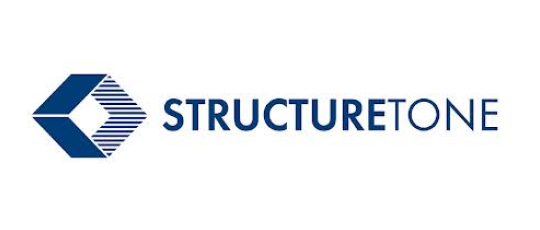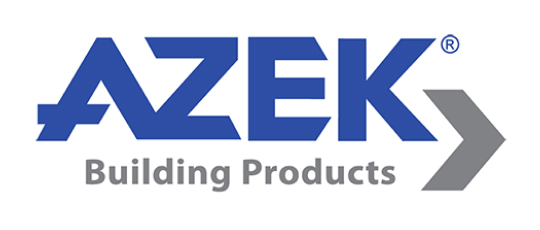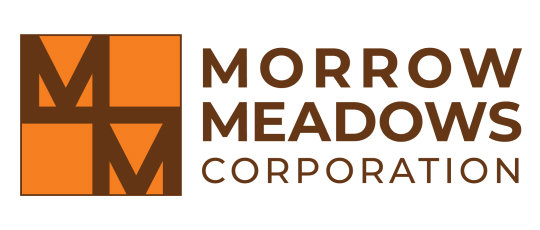The Hunley Group
Where industry, technology,
and strategy align to solve your toughest challenges on Salesforce.
Get Real Results for You and Your Customers
At Hunley Group, we know that lasting, scalable change starts with translating your vision into the right processes and systems. We marry the what, why, and how of digital transformation to solve real problems and create new opportunities for your business with Salesforce.
Salesforce Innovation that Delivers
Industry Experience
You know your industry—and we do, too. Our team includes industry experts with real-world experience who understand how to apply Salesforce to solve your specific challenges.
Technology Expertise
When it comes to digital transformation, don’t settle for less than deep technical expertise. Our consultants are Salesforce champions who combine a mastery of the platform’s capabilities with the innovator’s mindset to make your technology work for you.
Strategic Guidance
Salesforce is a powerful platform with endless customization options — it can be overwhelming to design the best approach. Our strategic guidance will transform your organization’s needs and goals into Salesforce solutions tailored to fit your business.
Business Process
Technology alone can’t drive business forward. We prioritize process to ensure that our solutions work across your entire business, streamlining operations, breaking down silos, and bringing your teams together.
“The Hunley Group has been a wonderful partner of Huntsman Building Solutions for several years. The dedicated team of knowledgeable experts provide in-depth advice and solutions for our platform and organization. This is the second large project we’ve undertaken, and both times they have delivered a
world-class product.”
Don’t Settle—Choose Hunley
Don’t settle for a one-size-fits-all approach. Your business deserves dynamic, flexible solutions that can grow and scale with your organization.
The Hunley Group takes a custom approach to every engagement, applying industry and Salesforce best practices to create the right fit for your business.




